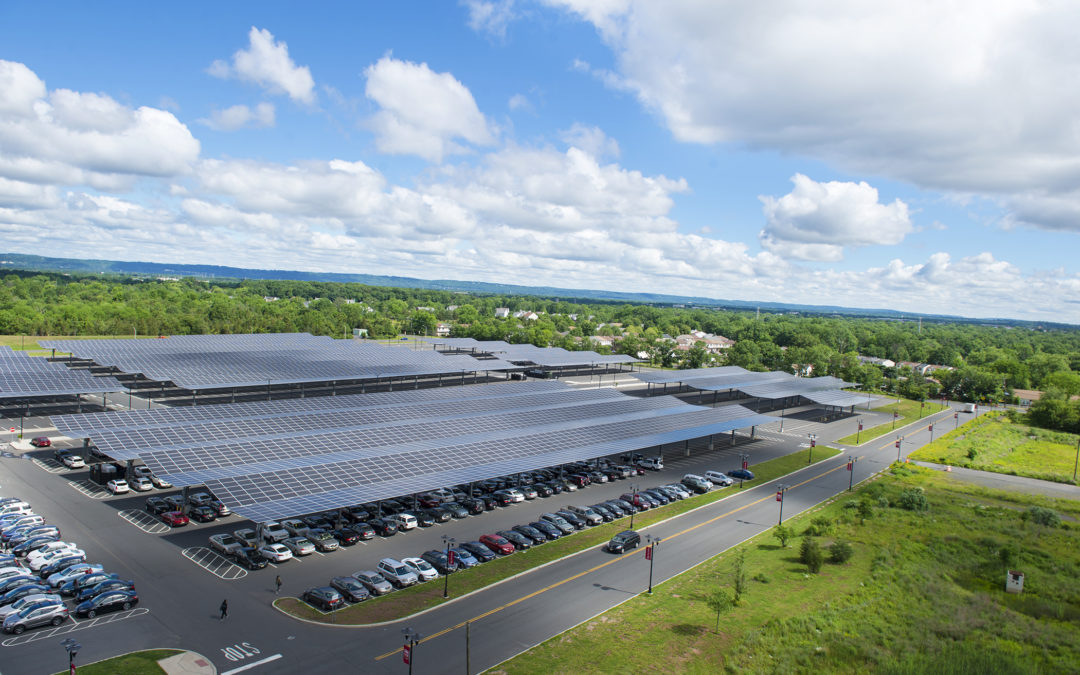Rutgers has taken an important step to develop a Climate Action Plan that will reduce the university’s carbon footprint and its vulnerability to the impacts of climate change. Climate change is one of the greatest threats to human health the world has ever faced. It is a true public health emergency, one that exacerbates health inequities by disproportionately harming the most vulnerable among us.
The President’s Task Force on Carbon Neutrality and Climate Resilience, co-chaired by Rutgers Global Health Institute core faculty members Robert Kopp and Kevin Lyons, presented a 43-page report to President Robert Barchi outlining an 18-month process to identify the strategies Rutgers will take to help stabilize the global climate by bringing the net human-caused carbon dioxide emissions to zero.
Key first steps will be to conduct an energy greenhouse gas audit of the university and set up procedures for reporting emissions; advance efforts to make the university budget and finance process more environmentally responsible; and expand the university’s purchase of renewable energy.
Kopp is a professor in the Department of Earth and Planetary Science at the School of Arts and Sciences and director of the Rutgers Institute of Earth, Ocean, and Atmospheric Sciences. Lyons is an associate professor of professional practice at Rutgers Business School–Newark and New Brunswick and associate director of the Rutgers Energy Institute. Together with 10 other science, health, engineering, and public policy experts from across the university, they have laid out a comprehensive plan that includes expanding the task force to include students and staff and seeking broad community engagement.
Read the full story in Rutgers Today. The university also has created a Rutgers Climate Task Force website for information, progress reports, and ongoing community input.

